Success Rates of ICSI Procedures in Bangkok
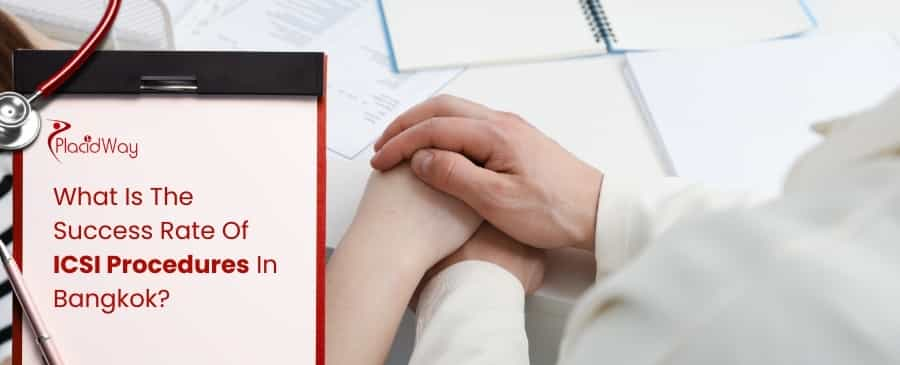
Welcome to your comprehensive guide on ICSI procedures in Bangkok! If you're exploring fertility treatments, you're likely filled with questions, and understanding success rates is naturally at the top of your list. Intracytoplasmic Sperm Injection, or ICSI, is a specialized form of in vitro fertilization (IVF) that has become a beacon of hope for many couples facing male factor infertility or previous IVF failures.
We understand that this journey can be emotionally taxing, and having reliable data can empower you to make informed choices. So, let’s get started and unravel the complexities of ICSI procedures in Bangkok, giving you the clarity and confidence you need.
What is the average ICSI success rate in Bangkok?
The ICSI success rate in Bangkok is a frequently asked question, and for good reason. It provides a benchmark for prospective parents. Generally, the success rates for ICSI in reputable Bangkok fertility clinics are comparable to leading centers worldwide. These rates are often reported as a percentage of live births per embryo transfer, rather than per started cycle, which gives a more realistic picture of success.
How does age affect ICSI success rates in Bangkok?
Age is undeniably one of the most critical factors influencing the success of any fertility treatment, including ICSI procedures in Bangkok. As women age, the quality and quantity of their eggs naturally decline, leading to lower fertilization rates, embryo implantation rates, and ultimately, live birth rates. This biological reality holds true for patients undergoing ICSI in Bangkok as well.
Below is a general breakdown of how age impacts ICSI success rates:
- Under 35: Women in this age group typically have the highest success rates, often seeing live birth rates per embryo transfer in the range of 45-55%. They usually produce more eggs, and these eggs are generally of better quality, leading to healthier embryos.
- 35-37: Success rates begin to gradually decline, usually falling into the 35-45% range.
- 38-40: The decline becomes more pronounced, with live birth rates typically between 25-35%.
- Over 40: Success rates drop significantly, often to 15-20% or even lower for women over 42-43. At this stage, egg quality becomes a major limiting factor, and the risk of miscarriage also increases.
What is the cost of ICSI procedures in Bangkok compared to other regions?
Here’s a general comparison of ICSI costs:
| Region | Estimated ICSI Cost (per cycle, USD) | Notes |
|---|---|---|
| Bangkok, Thailand | $5,000 - $10,000 | Includes medication, consultation, egg retrieval, ICSI, embryo transfer. |
| United States | $15,000 - $25,000+ | Often does not include medication costs, which can add thousands. |
| United Kingdom | $10,000 - $15,000+ | Costs vary by clinic and region, medication extra. |
| Australia | $8,000 - $12,000+ | Government rebates may reduce out-of-pocket expenses. |
What is the typical timeline for an ICSI procedure in Bangkok?
Understanding the timeline for an ICSI procedure in Bangkok can help patients plan their travel and manage expectations. While individual cycles can vary, a general outline provides a good roadmap.
The entire process, from initial consultation to embryo transfer, typically takes several weeks. Here's a breakdown:
- Initial Consultation and Pre-Cycle Testing (1-2 weeks or prior): This involves comprehensive diagnostic tests for both partners, including blood tests, hormone panels, semen analysis, and ultrasound scans. This phase can often be initiated remotely or during an initial short visit to Bangkok.
- Ovarian Stimulation (10-14 days): Once the cycle begins (often aligned with the menstrual cycle), the woman takes fertility medications to stimulate the ovaries to produce multiple eggs. Regular monitoring via blood tests and ultrasounds occurs every few days to track follicle growth.
- Trigger Shot: Once follicles are mature, a "trigger shot" is administered to induce final egg maturation, typically 34-36 hours before egg retrieval.
- Egg Retrieval (Day 0): A minor surgical procedure performed under light sedation to collect eggs from the ovaries. On the same day, a sperm sample is collected from the male partner (or previously frozen sperm is thawed).
- ICSI Fertilization (Day 0): In the lab, a single healthy sperm is injected into each mature egg using a microscopic needle.
- Embryo Culture (Days 1-5/6): Fertilized eggs (zygotes) are cultured in the lab. Embryologists monitor their development, selecting the best-quality embryos for transfer. Many clinics prefer to culture to the blastocyst stage (Day 5 or 6).
- Embryo Transfer (Day 3 or Day 5/6): One or more selected embryos are gently transferred into the woman's uterus using a thin catheter. This is a quick and generally painless procedure.
- Luteal Phase Support & Pregnancy Test (2 weeks post-transfer): The woman continues progesterone medication to support the uterine lining. A pregnancy test is typically done about two weeks after embryo transfer.
Fertility specialists in Bangkok will carefully assess your specific circumstances to determine whether standard IVF or ICSI is the most appropriate and effective treatment for you, aiming to maximize your ICSI success rate.
Ready to explore your fertility options with world-class care? Discover leading fertility clinics in Bangkok and other global destinations on PlacidWay. Connect with experts and find the right solution for your journey to parenthood.


.png)


.png)
-Package-in-Bangkok-Thailand-at-First-Fertility-PGS-Center.jpg)

.png)

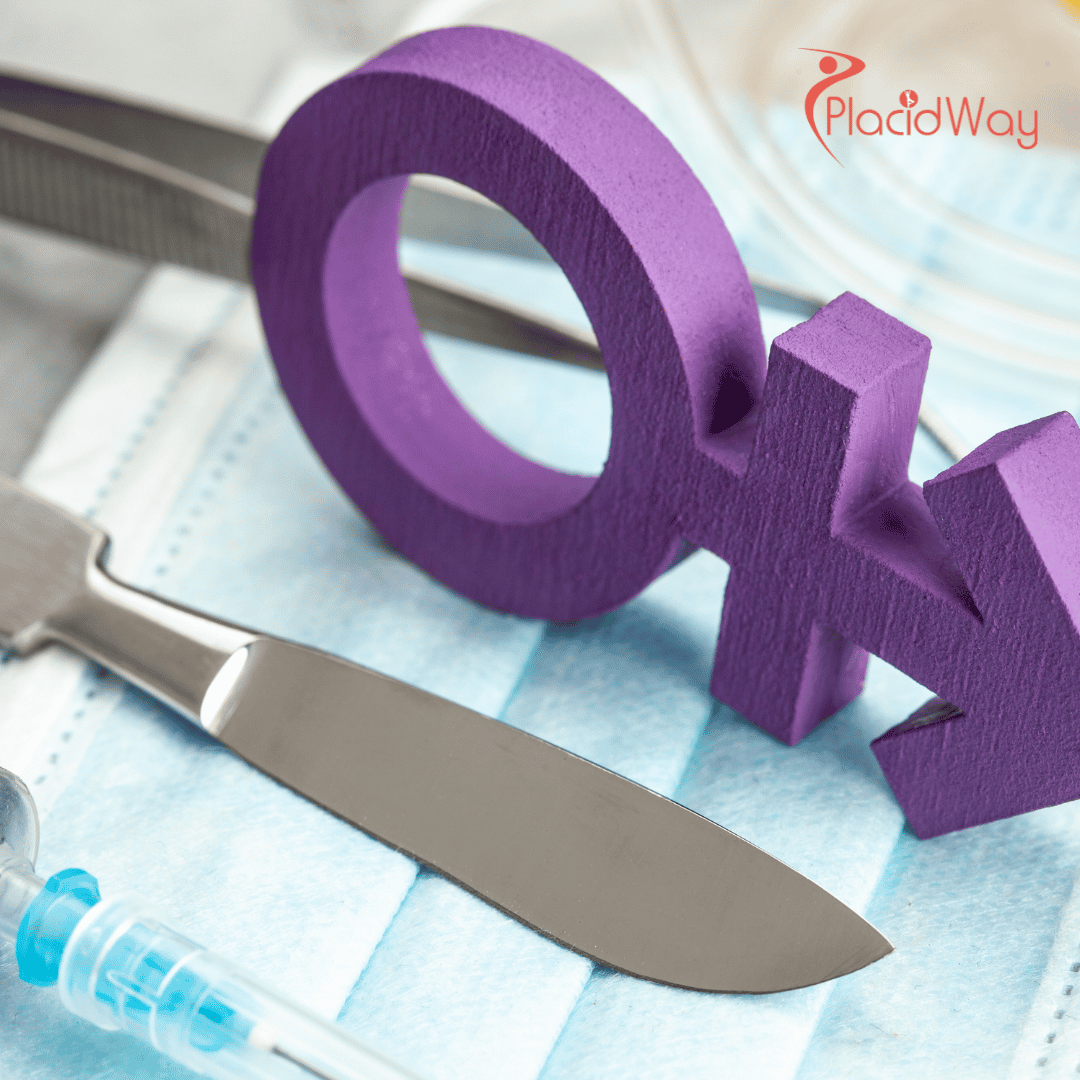
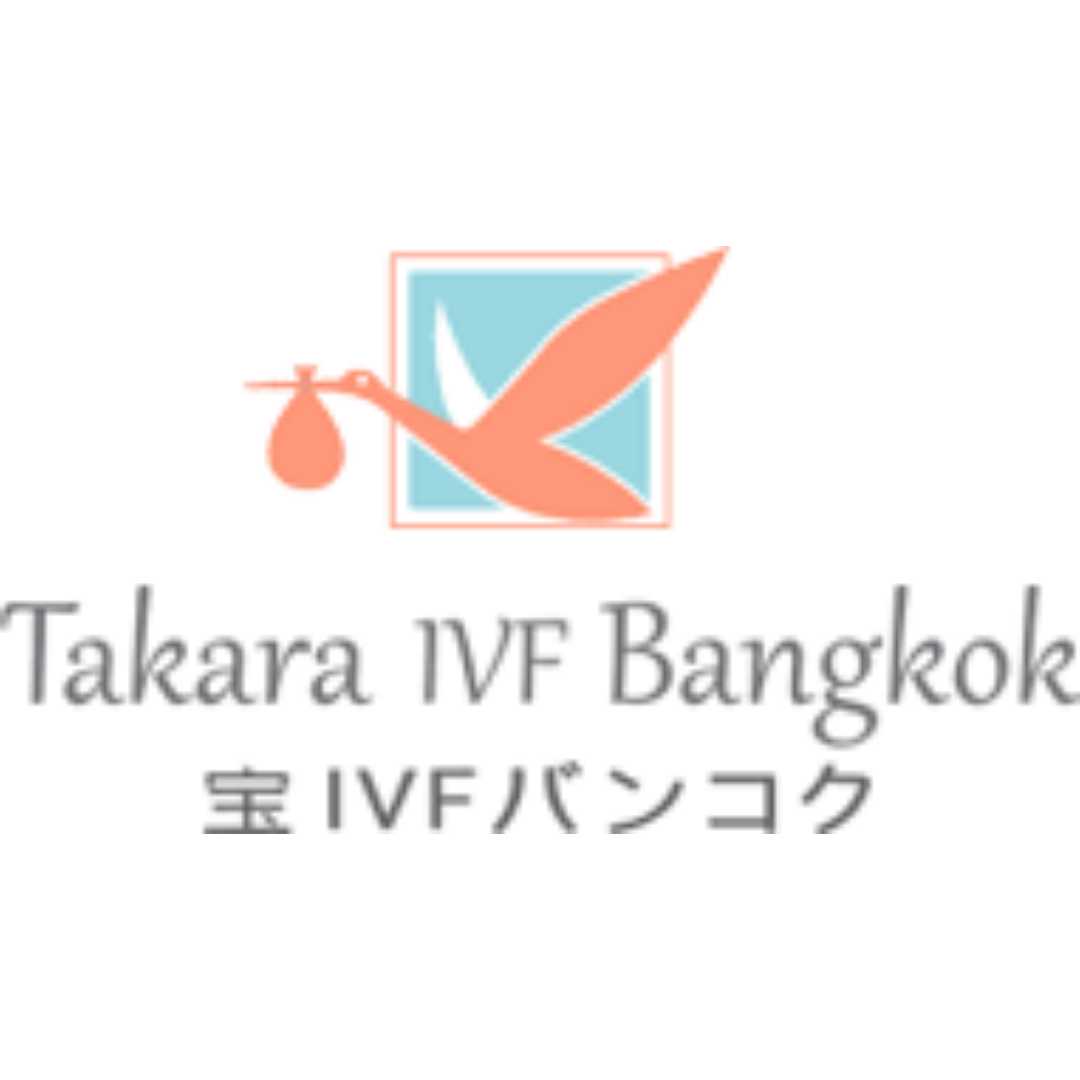
.png)
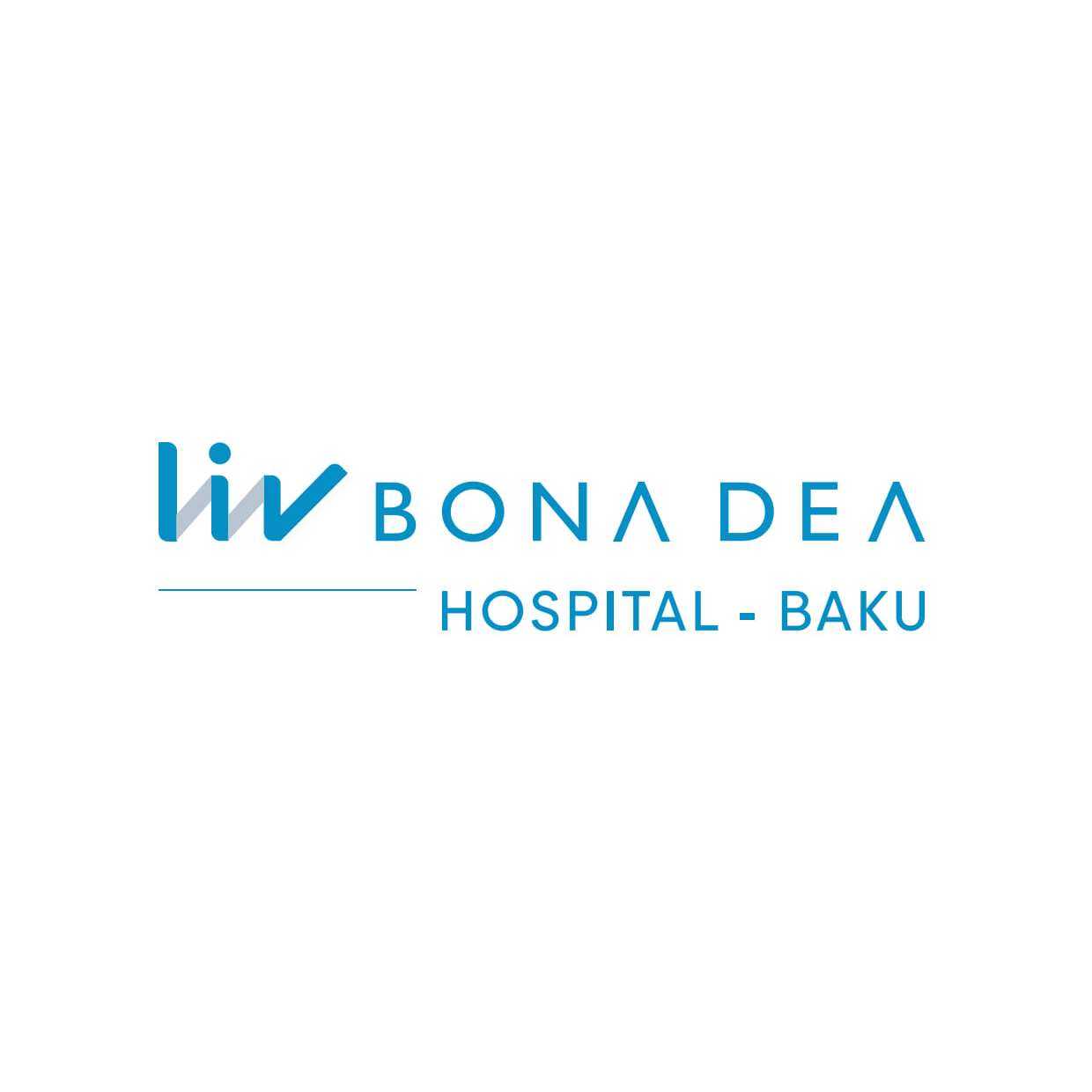
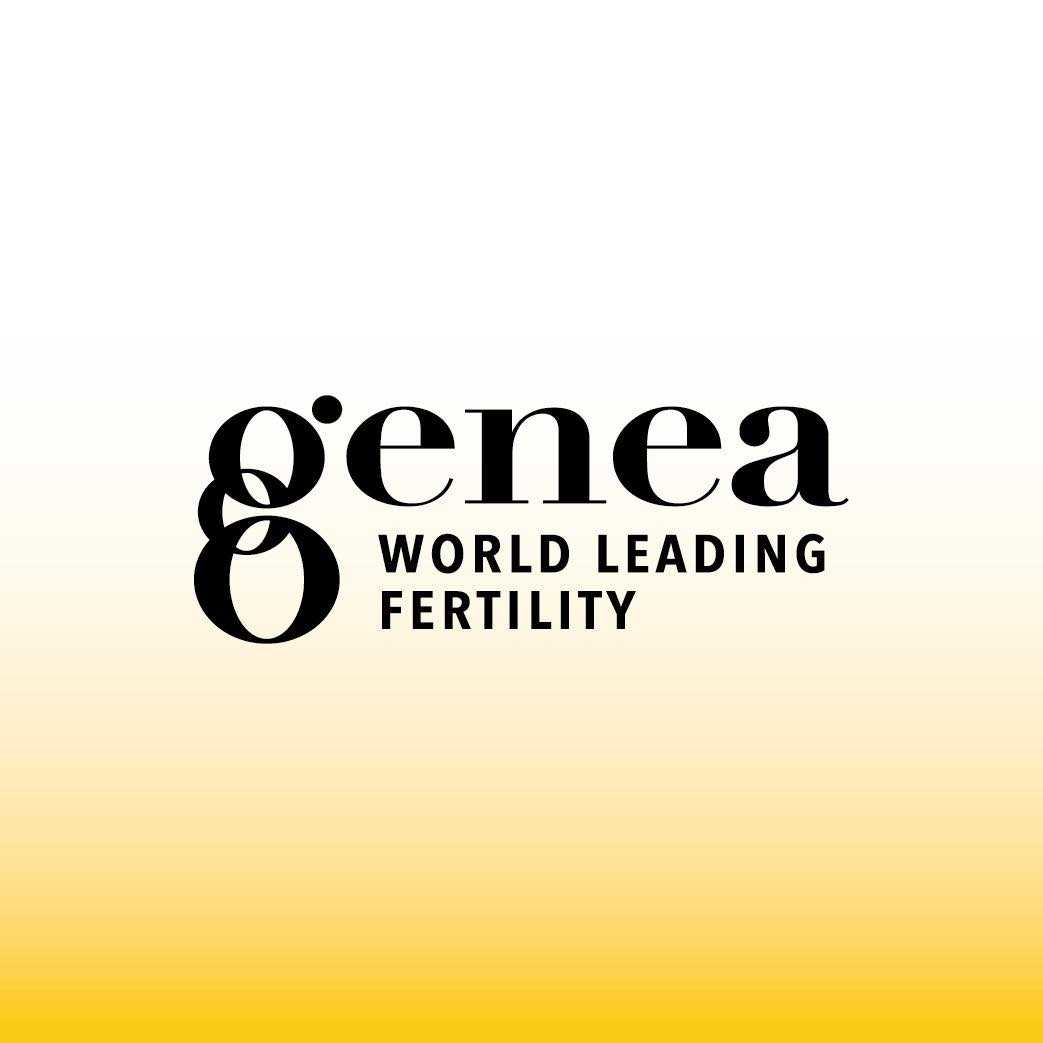
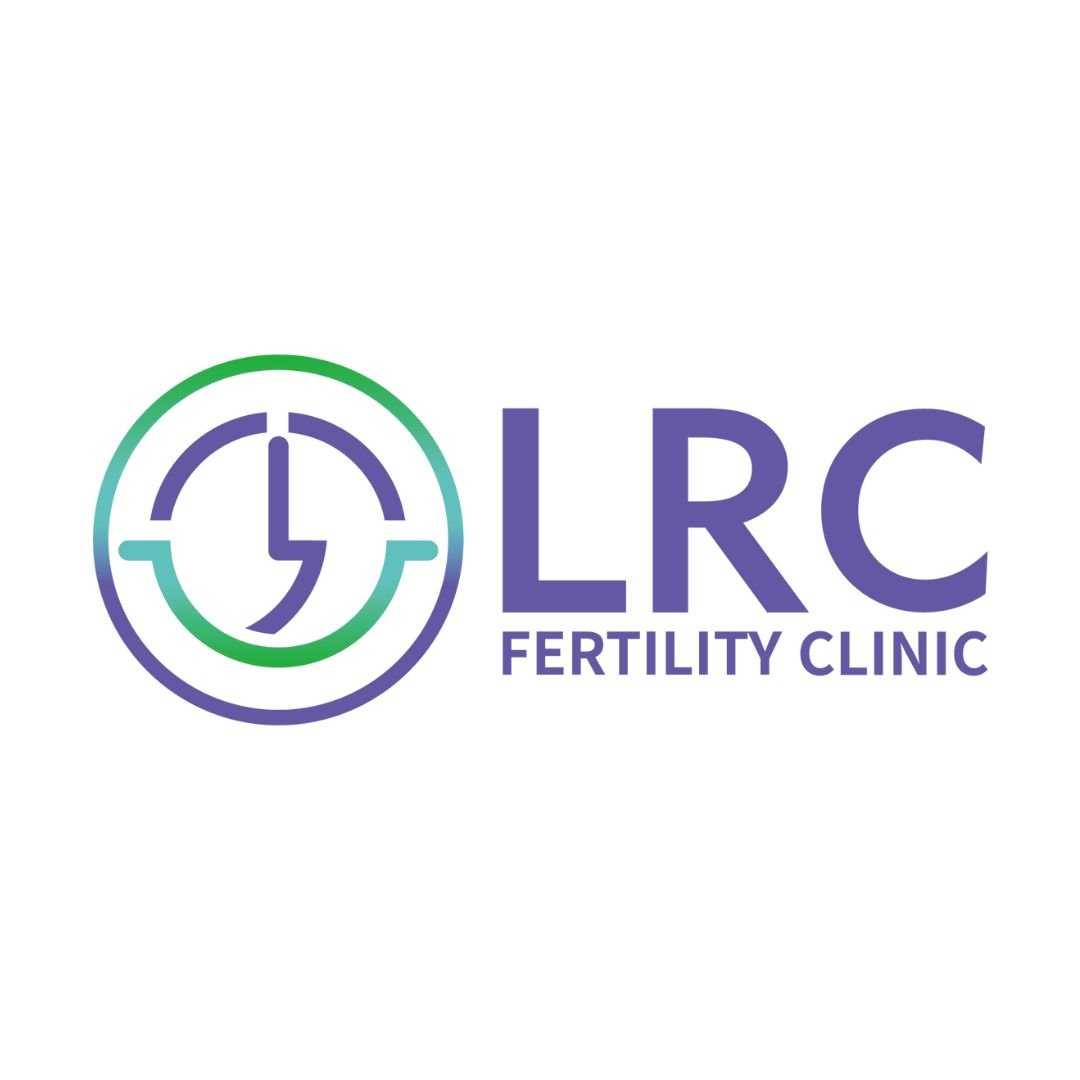

Share this listing